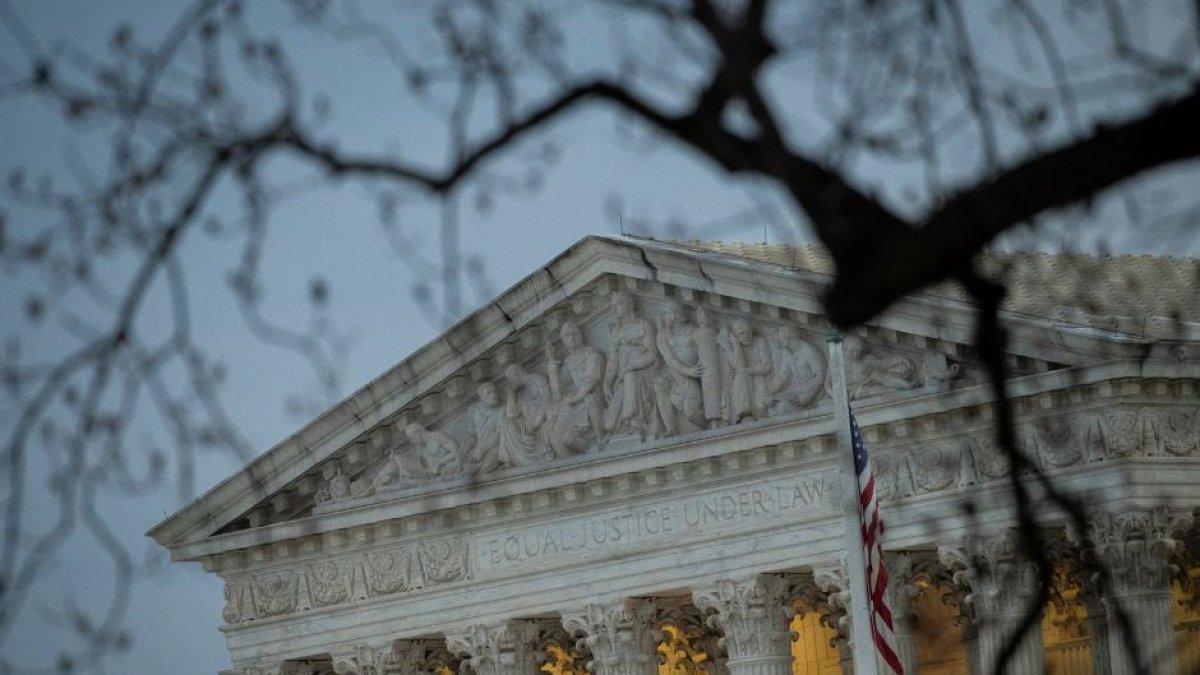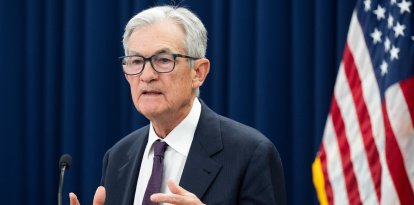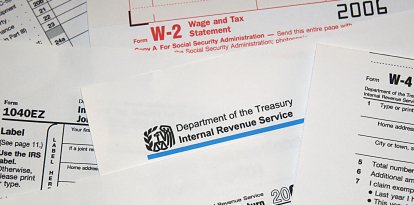Supreme Court rules in favor of Trump administration's international investment tax
A married couple, Charles and Kathleen Moore, challenged the rule after finding that they owed $15,000.

Cordon Press
The Supreme Court ruled Thursday to uphold a tax on investments in foreign companies established during Donald Trump's presidency.
The justices ruled seven-to-two that the tax was constitutional, dismissing the plaintiffs' argument that Congress had exceeded its power to impose taxes under the Constitution.
The measure, introduced in 2017, imposed a one-time payment levy that would help bring in foreign-generated income, since until then, those who owned a business overseas were not required to pay taxes until they brought their profits into the United States, and fund Trump administration tax cuts.
In defense of the tax, both Democrats from the current administration and Republicans from the previous one, such as Paul Ryan, promoter of the law and speaker of the House when it was approved, came out in defense of the tax.
On the other side were Charles and Kathleen Moore, a couple who owed $15,000 for investing in Indian company KisanKraft Machine Tools Private Limited.
Congress, the Moores contended, had taxed their property, i.e., their company stock-rather than their income, exceeding its constitutional authority.
Judge Brett Kavanaugh, who wrote the majority opinion, clarified that the ruling had no bearing on other taxes such as a wealth tax could do.
Requests for recusal
The decision also does away with requests to recuse four of the judges.
Samuel Alito had been interviewed by an attorney for the plaintiffs months before the trial began but refused to step aside on the grounds that they had not discussed the trial.
Jackson, Roberts and Thomas also faced similar requests for having interests in companies that could benefit, according to Fix The Court. The first two voted to uphold the rule, while the third dissented.
























